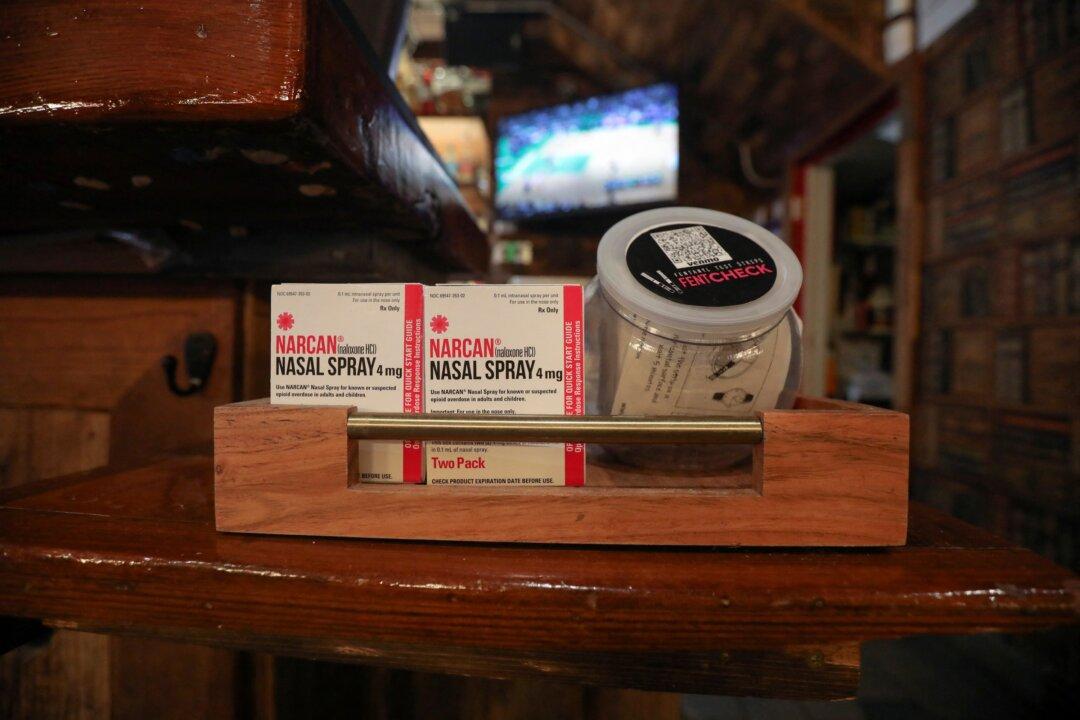As the number of fentanyl-related deaths continues to rise, Florida joins the growing list of states moving to decriminalize the use of fentanyl test strips in an effort to save lives.
A recent report by the CDC showed that overdose deaths from synthetic opioids like fentanyl were up 15 percent nationally. Data released by Coordinated Opioid Recovery—a new statewide addiction care program implemented by a partnership with the Florida Department of Health, the Florida Department of Children and Families, and the Agency for Health Care Administration—showed that fentanyl-related deaths have increased 790 percent in Florida since 2015 (pdf).





